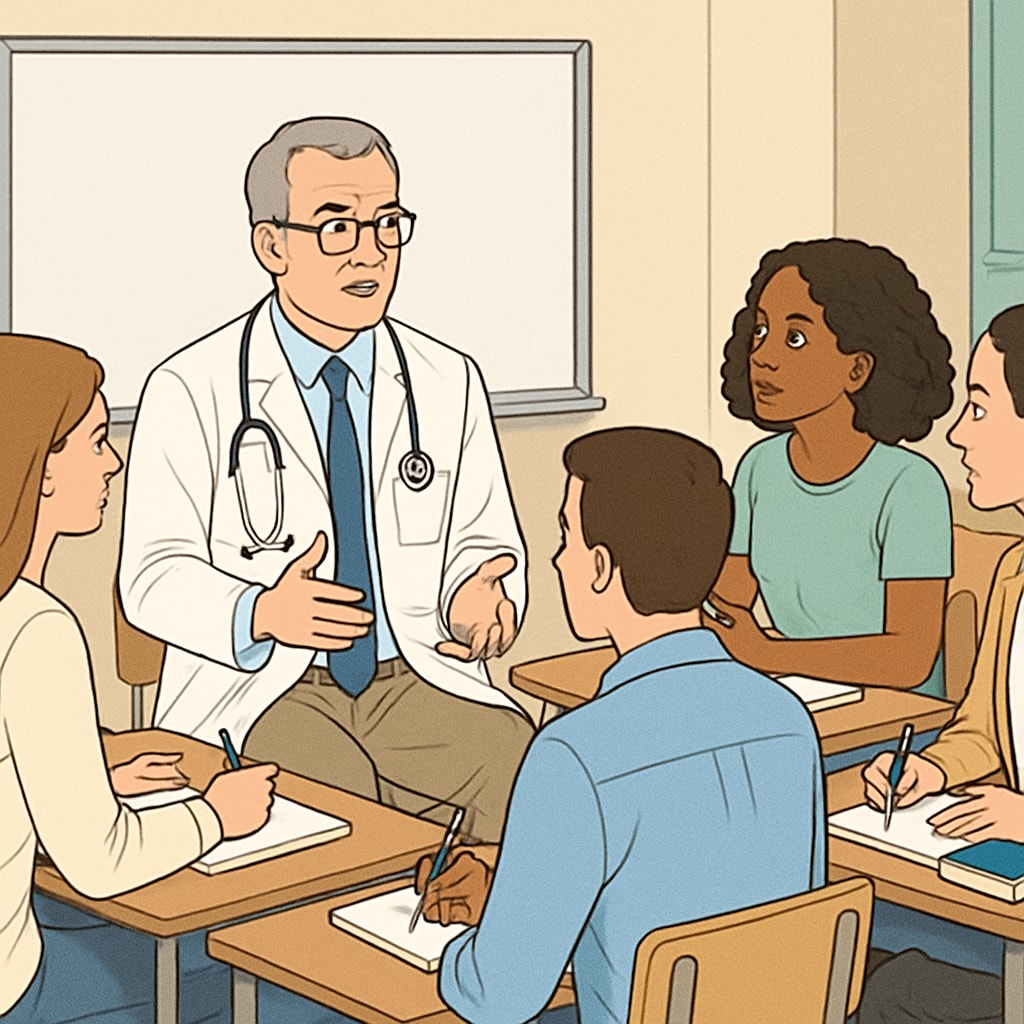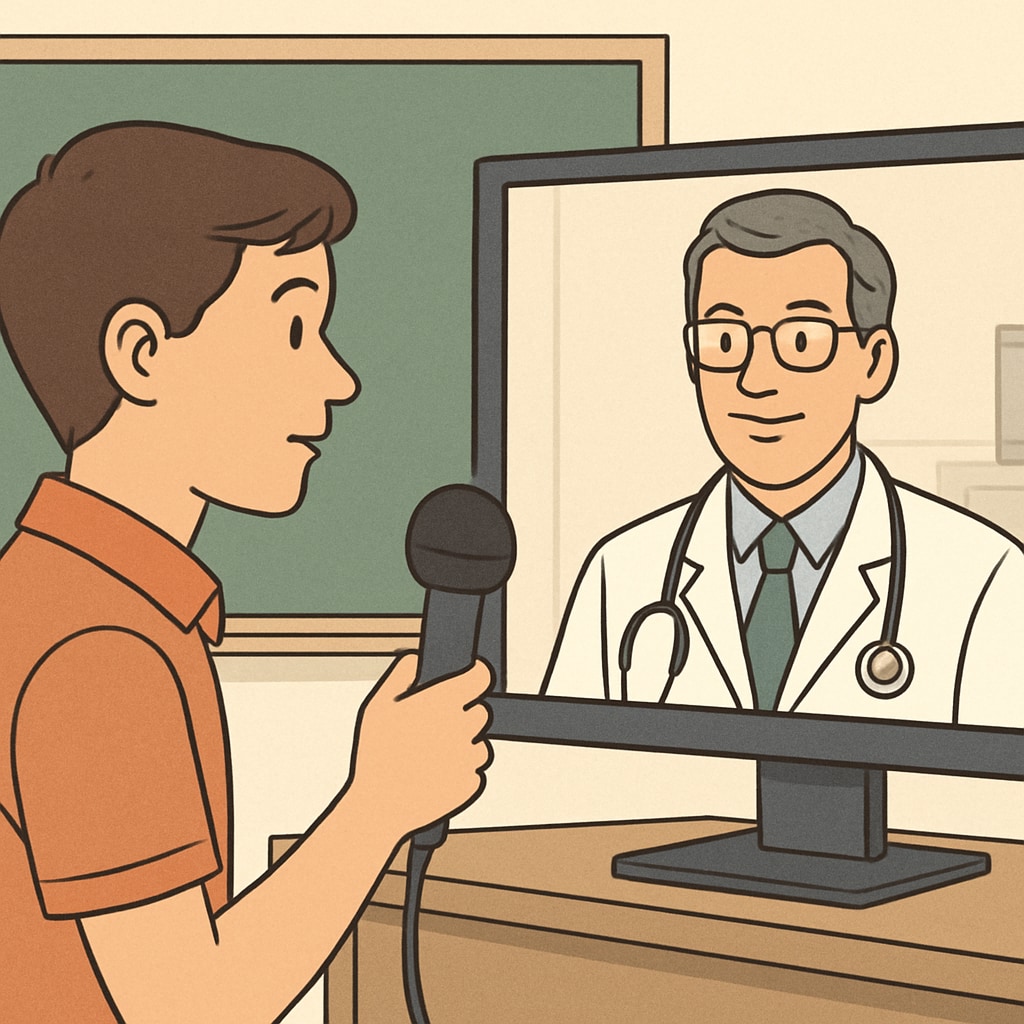In K12 education, introducing students to potential career paths is a crucial step in fostering their development. Projects focused on medical careers, school projects, doctor interviews can play a transformative role in shaping career awareness and aspirations. These initiatives allow students to engage directly with healthcare professionals, offering valuable insights into the medical field while honing essential communication and planning skills. This article delves into the design and implementation of such projects, providing educators with practical guidelines to inspire future healthcare leaders.
Why Explore Medical Careers in K12 Education?
Early exposure to medical careers enables students to understand the diverse opportunities within the healthcare industry. Medical professionals, such as doctors, nurses, and specialists, often serve as role models for students interested in science and service-oriented careers. By conducting interviews with healthcare professionals, students can gain firsthand knowledge about the challenges, rewards, and daily responsibilities of these roles.
These projects also encourage critical thinking, as students formulate questions and analyze responses. Furthermore, they promote career planning by helping students identify the skills and qualifications needed for success in the medical field.
- Encourages interest in STEM (Science, Technology, Engineering, and Mathematics) subjects
- Provides real-world insights into healthcare professions
- Develops interpersonal and communication skills
- Supports long-term career planning and goal setting

Designing Effective Medical Career Interview Projects
To create meaningful medical career interview projects, educators must focus on structure, engagement, and learning outcomes. Below is a step-by-step framework to ensure the program’s success:
- Define Objectives: Specify what students should achieve, such as understanding job roles, discovering education pathways, or building communication skills.
- Select Participants: Identify healthcare professionals willing to participate, such as local doctors, surgeons, or specialists.
- Prepare Students: Teach students how to conduct interviews, formulate thoughtful questions, and engage respectfully.
- Conduct Interviews: Facilitate interactions in person, virtually, or through pre-recorded sessions. Ensure the environment fosters curiosity and learning.
- Reflect and Analyze: Encourage students to summarize findings, reflect on their experience, and discuss career aspirations.
In addition, educators can incorporate multimedia tools, such as video recordings or digital presentations, to enhance engagement and provide lasting resources for future classes.

Building Connections with Healthcare Professionals
Successful medical interview projects depend on strong partnerships with healthcare professionals. To establish these connections, schools can reach out to local hospitals, clinics, and healthcare networks. Invitations should clearly communicate the project’s goals, emphasizing the positive impact on students and the community.
Healthcare professionals can share their career journeys, discuss the realities of medical practice, and offer advice for aspiring students. For example, Britannica’s overview of medicine offers useful background information about the industry that students can explore in preparation for interviews.
By fostering these relationships, schools not only create enriching educational experiences but also inspire students to pursue meaningful careers in medicine.
Conclusion: Inspiring Future Healthcare Leaders
Medical career interview projects are invaluable tools for K12 education, offering students the opportunity to explore the healthcare field while developing essential skills. Through thoughtful design and implementation, these programs can ignite passion, clarify career goals, and set students on the path to becoming future healthcare leaders.
As a result, educators should prioritize partnerships with healthcare professionals and tailor activities to meet diverse student needs. For more information on designing effective career programs, visit Career Education on Wikipedia.
Readability guidance: The content uses concise sentences, active voice, and structured sections with headings and lists to enhance clarity. Transition words are distributed evenly to improve flow and readability.


